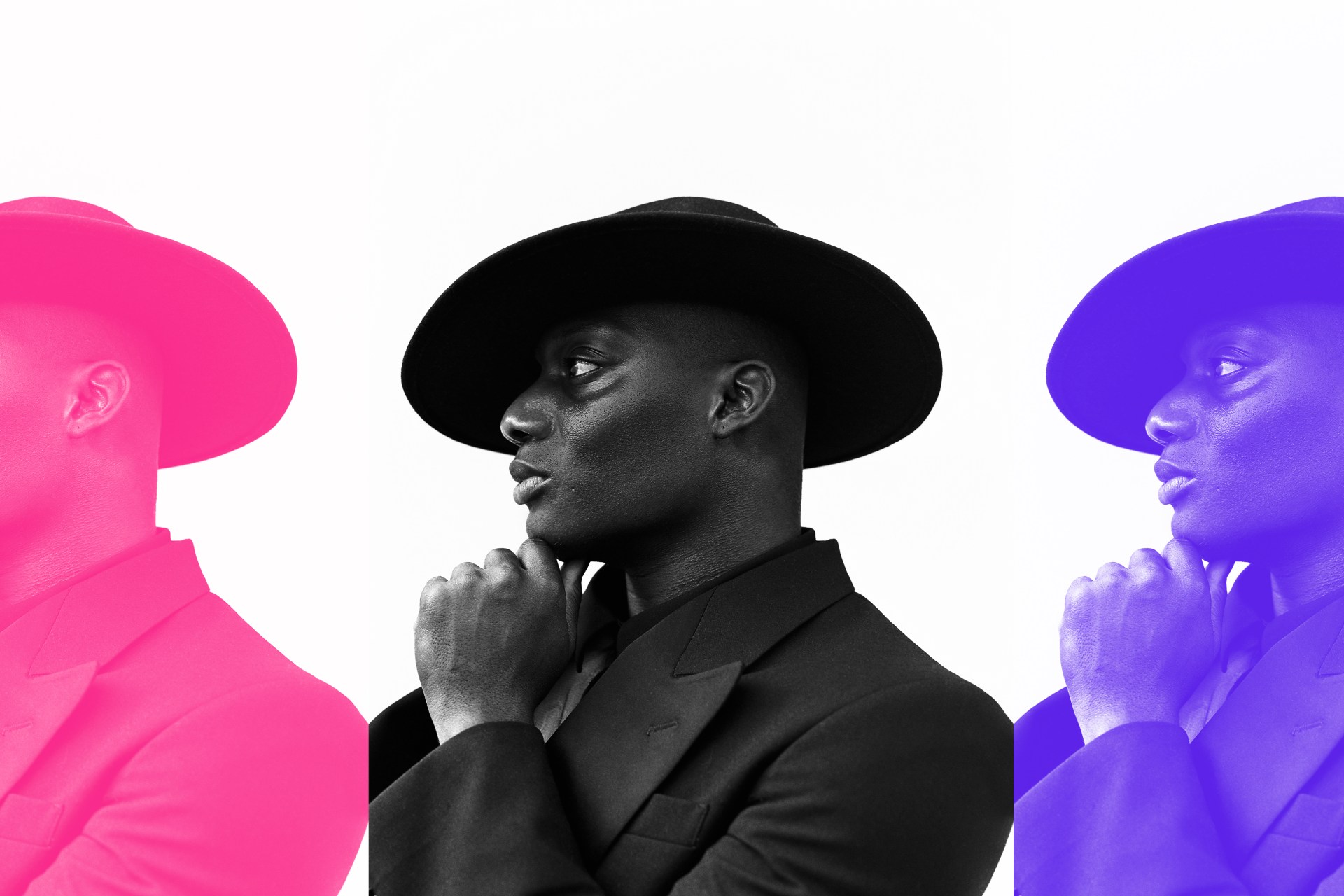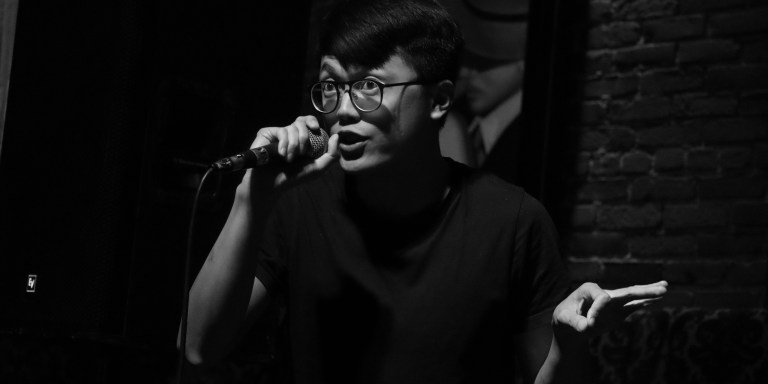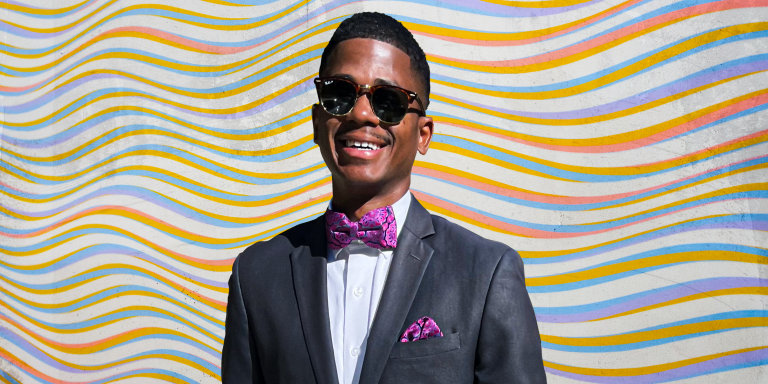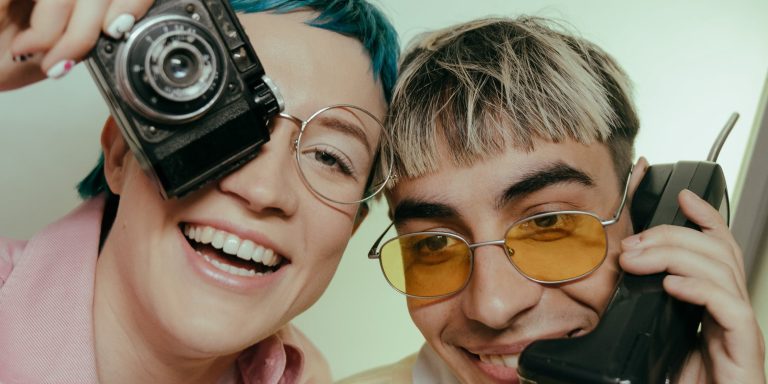When Jahlove Serrano was 16-years-old, he lost his virginity, and gained a diagnosis.
Growing up in New York, Serrano said that condoms were “never a thought” when it came to safe sex practices. “The sexual education that was taught in my high school was so heterosexual-based, when it came to sex with the same gender, I didn’t know that I should have still use protection and practice safe sex,” he says.
At the time, Serrano says he went into “complete denial,” saying that the shame of having HIV made him not even want to receive treatment. “I just wanted to feel normal,” he said. “I thought my life was over, that no love was going to love me or accept me. I kept asking god: ‘Why me?’ I knew my life was never going to be the same. That people will treat me different. This was a reality that I never want to face.”
Determined to ensure that others don’t have the same experience that he did, Serrano has devoted his life to being an HIV educator and activist. Today, Serrano teaches workshops to adolescents and young adults about what it means to contract HIV. He’s done everything from handing out condoms to convincing others to get tested to mentoring HIV+ teenagers.
Serrano has also worked with the New York State AIDS Institute, the National Gay Men’s Advocacy Coalition, the Global Network of People Living with HIV/AIDS and the AIDS Alliance for Children, Youth and Families He’s on the Love Heals speakers bureau and appeared in the New York State Department of Health’s “HIV Stops with Me” and Plus magazine’s “I’m Positively” campaign.
Serrano attributes inadequate information as well as lack of testing and safe sex practices to two things in particular: heterosexual sex ed., and stigma.
He explained that the only education he received was about heterosexual relationships. This was also true within his family. “I was raised in a heterosexual, Catholic, Latino household. My mother’s sex ed. was to ‘never bring a girl home pregnant.’ In the back of my mind, I knew that wasn’t going to happen. There was no one for me to run to or talk to about how I was feeling about my sexual orientation. I was looking for love and acceptance in all the wrong places.”
He added that stigma is still a “huge issue” in the war against HIV/AIDs, largely because people are just afraid to get tested, or seek treatment. He explains that this is not just a simple matter of disclosing your health status to your doctor. It meant that he would have to tell future partners, family members and even his family, too.
“My goal as an advocate is to end stigma against people living with HIV/AIDS to show the world that we are still humans and still need love,” he concluded. “I will accomplish this by staying visible and living in my truth — that I am a proud black gay man living honorably with AIDS.”






